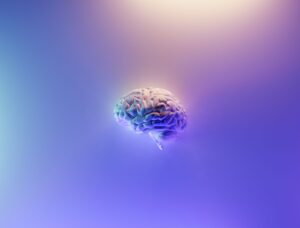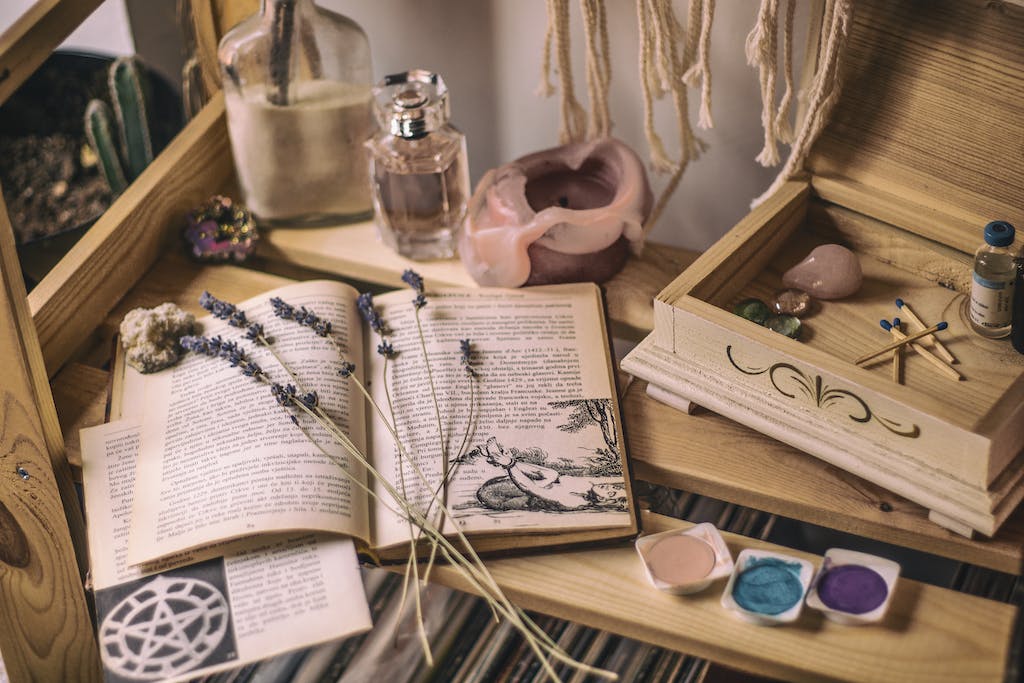This article explores the different types of support systems available for love addiction recovery, such as support groups, individual therapy, self-help resources, couples counseling, and online communities and forums.

Love Addiction: A Complex Attachment Disorder
Understanding Love Addiction
Love addiction is an attachment disorder that can lead to emotional issues, compulsive behaviors, and unstable relationships. Common causes of love addiction include low self-esteem, traumatic experiences, unstable childhood attachments, and neglect. Different patterns of love addiction include attraction creating intensity and fantasy, increased connection leading to relief, partner’s withdrawal triggering neediness and obsessive behavior, and a repeating cycle. Love addiction can also be a coping mechanism, often resulting from childhood trauma.
Breaking the Cycle of Love Addiction
Breaking the pattern of love addiction involves acknowledging the addiction, investing in healthy relationships, learning about love addiction, abstaining from new relationships, developing awareness of triggers, becoming grounded in the present, addressing co-occurring addictions, and seeking professional support. Learning to love oneself and not relying solely on romantic or sexual relationships for self-worth is a crucial aspect of the recovery process.
 Treatment for Love Addiction
Treatment for Love Addiction
Cognitive-behavioral therapy plays a significant role in treating love addiction. Other therapies involved in love addiction treatment include group therapy, 12-step support groups, and building a sense of self. Recovery from love addiction often involves a total removal from romantic relationships for about 3 to 6 months and participating in therapy, group therapy, and support groups.
 Support Systems for Love Addiction Recovery
Support Systems for Love Addiction Recovery
In the struggle against love addiction, the importance of a robust support system cannot be overstated. Such systems extend a lifeline to those grappling with the challenges of this complex attachment disorder, providing a myriad of resources and avenues for healing. There are several distinct types of support systems available for individuals on the path to recovery from love addiction. These include support groups, individual therapy, self-help resources, couples counseling, and online communities and forums.
Each of these systems plays a unique and vital role in the recovery process. For instance, support groups can provide a sense of community and shared understanding, enabling individuals to learn from the experiences of others who are navigating similar challenges. This collective empathy and insight can serve as a powerful tool in the recovery process. Meanwhile, individual therapy offers a more tailored approach, providing a safe space for deep introspection and personal growth. In therapy, individuals can work with a mental health professional to identify the root causes of their addiction, develop effective coping strategies, and address any co-occurring disorders.
Self-help resources, such as books and online materials, can also serve as invaluable tools, offering practical advice and strategies that individuals can implement in their daily lives. For those in a relationship, couples counseling can be a beneficial avenue for recovery. It can provide a platform for open dialogue and mutual understanding, helping both partners to comprehend the nuances of the addiction and work together towards recovery. Lastly, online communities and forums offer a sense of virtual camaraderie, providing support and guidance to those who may not have access to in-person resources or prefer the anonymity of online interaction. Each of these support systems, in its own unique way, contributes to the overarching recovery journey, offering hope, understanding, and practical tools for those battling love addiction.
 Recognizing Love Addiction Symptoms
Recognizing Love Addiction Symptoms
Understanding the symptoms of love addiction is a critical step towards acknowledging the problem and seeking help. Love addiction is characterised by a variety of emotional, psychological, and behavioural symptoms. One of the most common symptoms is a feeling of despair or disorientation without a partner. Individuals with love addiction often find it difficult to function normally or feel complete without the presence of their significant other.
This dependency can escalate to obsessive thinking about the other person, where the love addict’s thoughts are almost entirely consumed by their partner or love interest. This obsession can lead to unhealthy behaviours such as making poor decisions based on emotions towards the partner, rather than rational thought or consideration for personal well-being.
In more severe cases, love addiction can lead to serious repercussions such as difficulty maintaining steady employment due to the overwhelming preoccupation with the relationship. In extreme cases, this fixation can spill over into stalking or cyberstalking behaviours, reflecting an unhealthy attempt to maintain control or connection with the object of their obsession.
Furthermore, individuals struggling with love addiction may experience panic attacks or heightened anxiety, often triggered by the fear of losing their partner or perceived threats to the relationship. These symptoms, albeit distressing, are important indicators that professional help may be required to address and overcome love addiction.
Conclusion
The journey towards recovery from love addiction is indeed a challenging one, but it is essential to remember that it is also entirely achievable with the right support and strategies in place. Understanding the complex nature of love addiction is the first crucial step in this journey. Recognizing the emotional turmoil it brings, coupled with the unstable relationships it fosters, can guide individuals towards seeking help.
Appropriate treatment for love addiction often involves a holistic approach that includes acknowledging the existence of the addiction, an earnest desire to learn more about it, and the courage to invest in healthier relationships. An essential part of this process is the fostering of self-love and a sense of self-worth that is independent of romantic or sexual relationships. It is key to remember that each individual’s journey is unique, and it’s perfectly okay to seek help and take the necessary time to heal and recover. The path to recovery may not be easy, but with the right support and coping strategies, it is certainly within reach.








